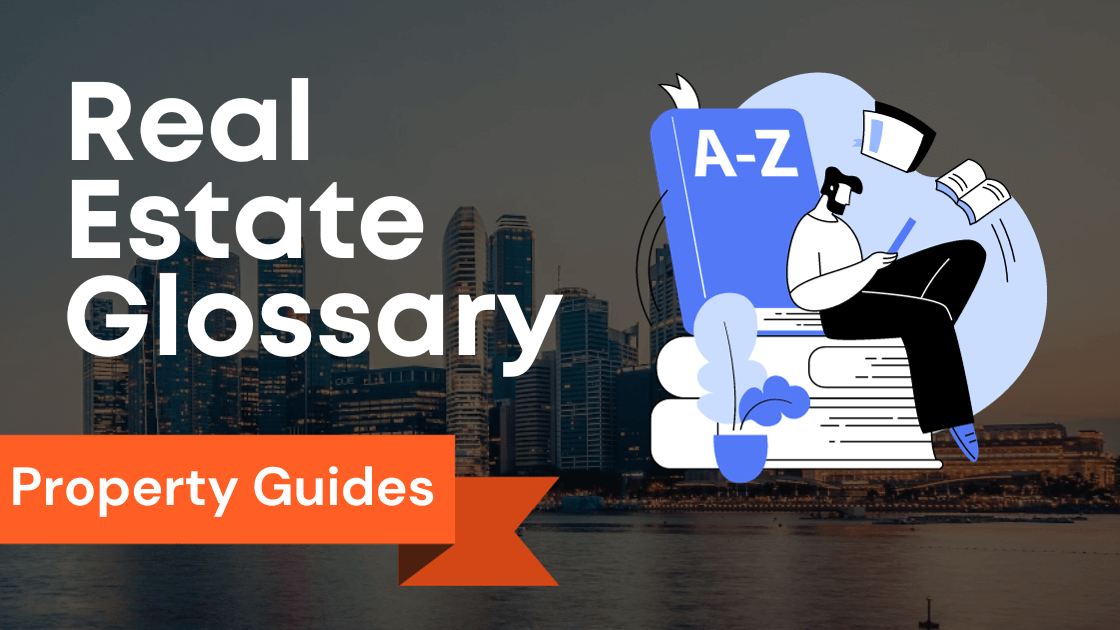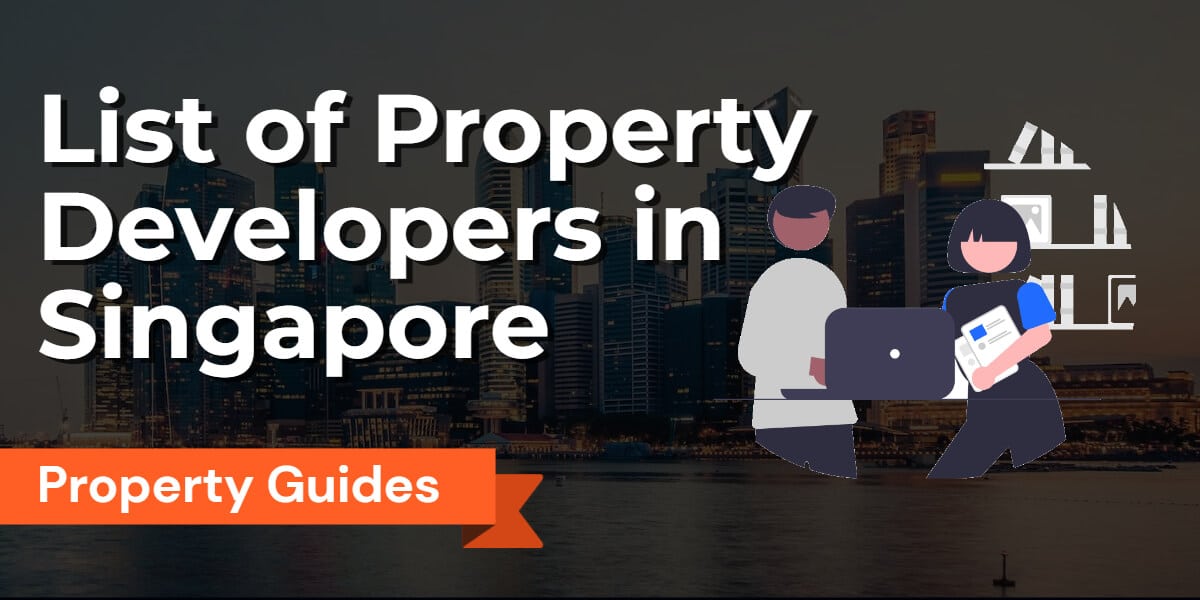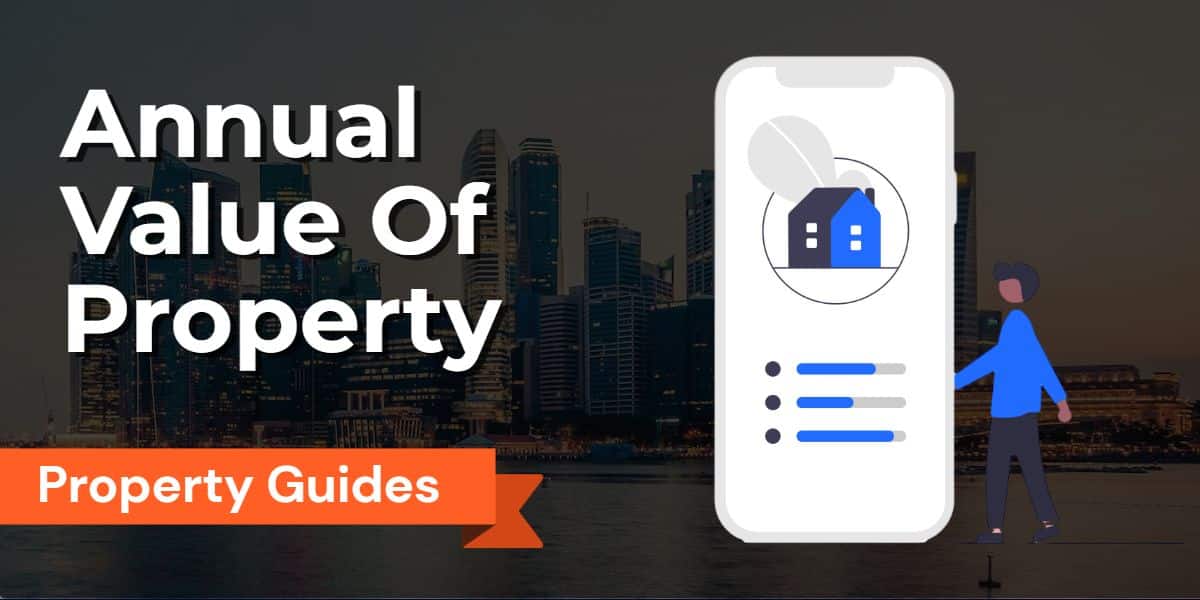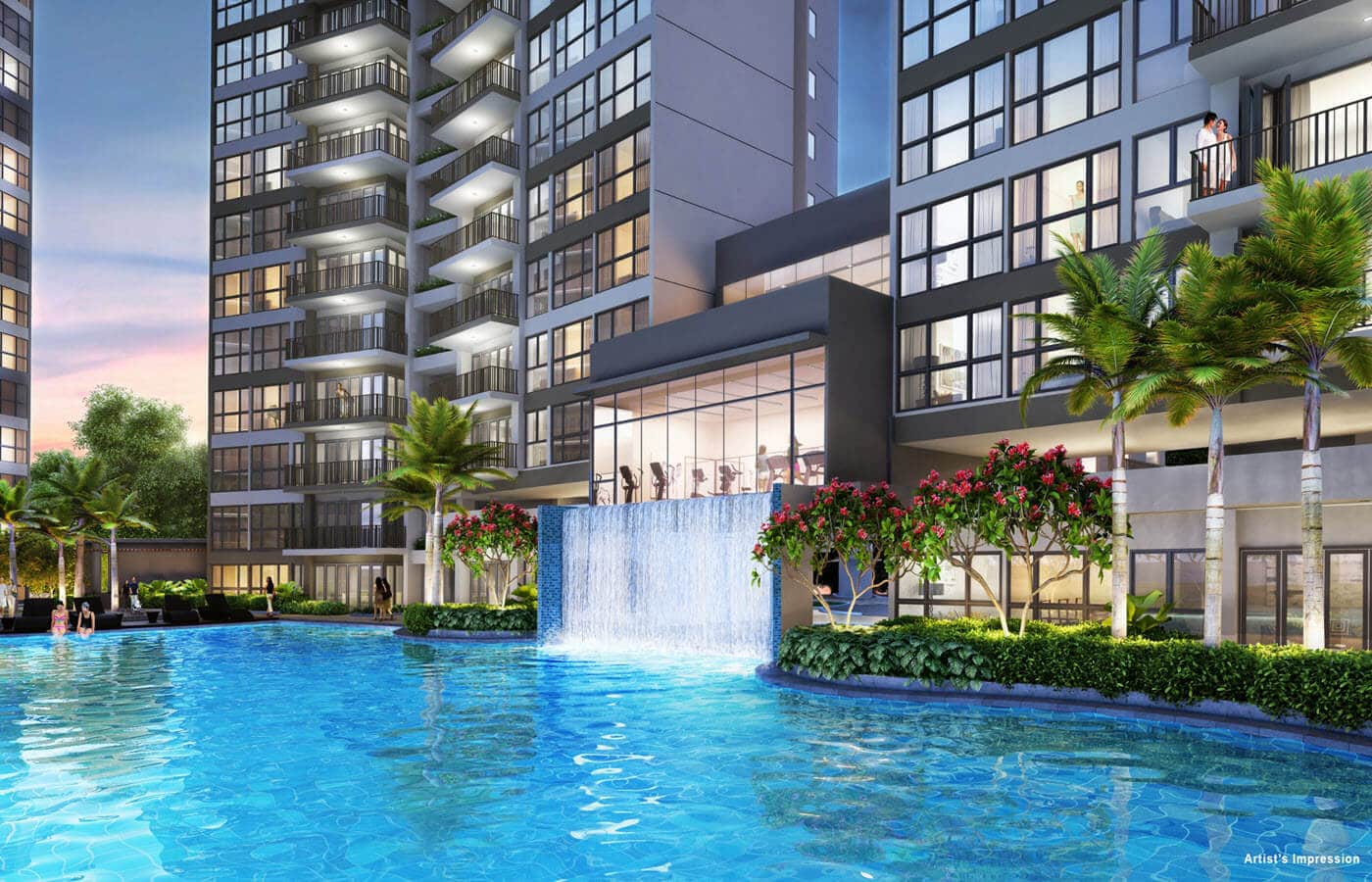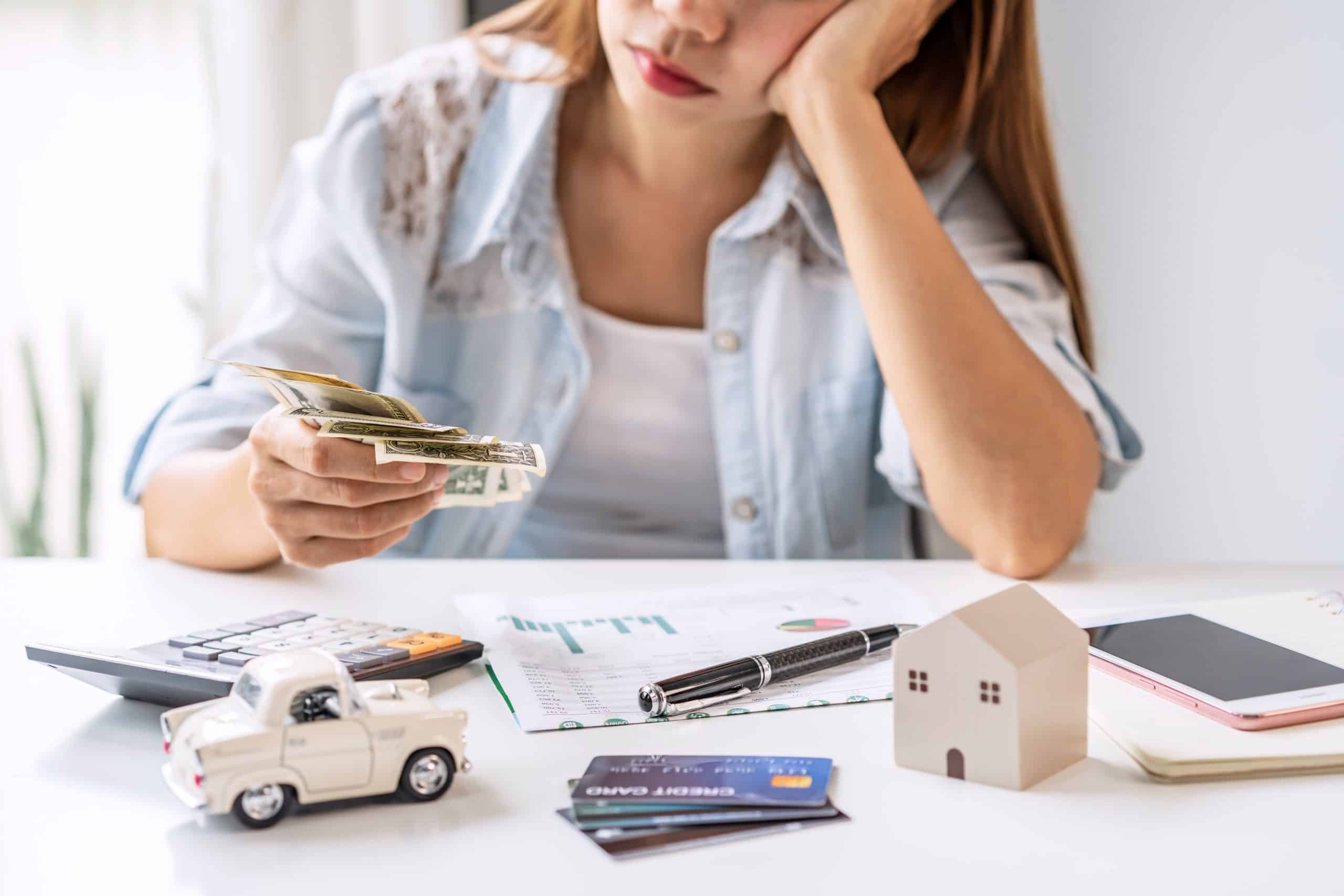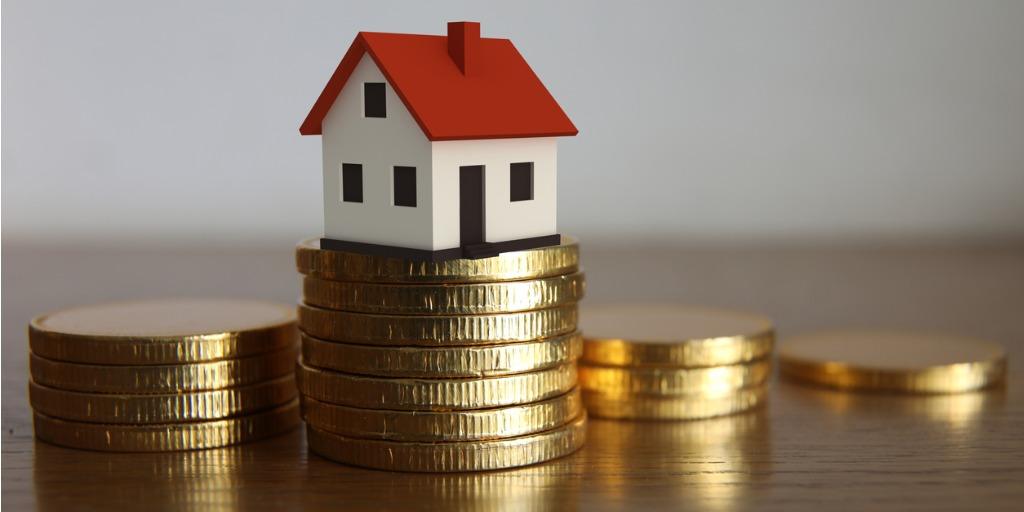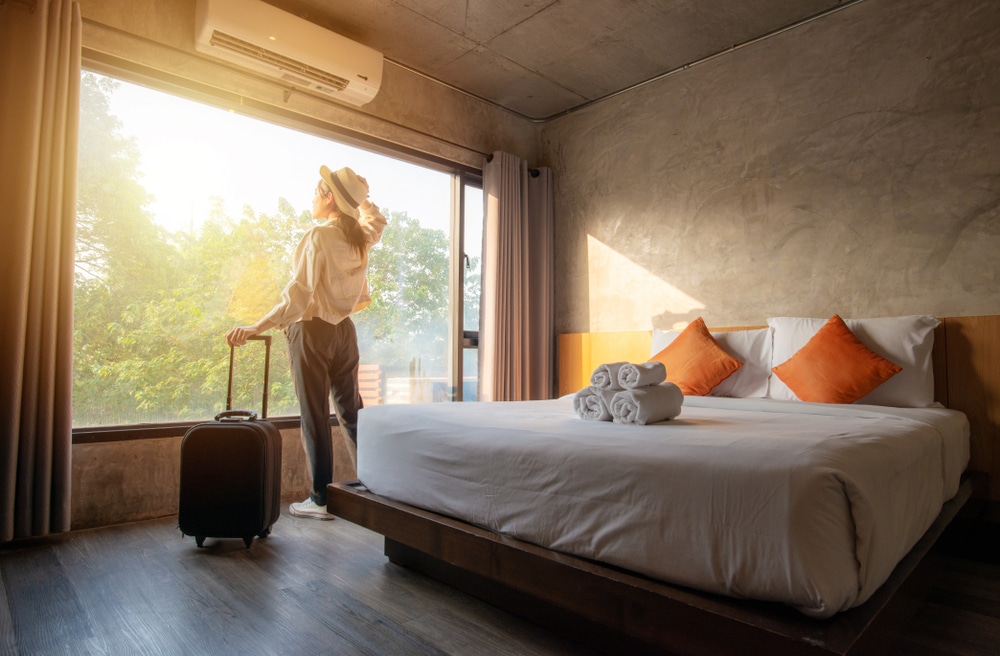
Is Airbnb Legal in Singapore?
Let’s discover the ins and outs of Airbnb in Singapore, from understanding its legality to exploring the market growth.
Find out the benefits of using Airbnb for affordable and authentic accommodations and learn about the regulations, the importance of compliance with housing laws, and consequences of illegal rentals.
Key Takeaways
| Topic | Key Takeaway |
|---|---|
| Legality of Airbnb in Singapore | Short-term rentals are legal in Singapore but with specific regulations and restrictions that hosts must comply with. |
| Growth of Singapore Airbnb market | The Singapore Airbnb market has experienced significant growth, with a doubling of guests arriving via the platform since 2015. |
| Popular areas for Airbnb rentals in Singapore | The city center, Chinatown, Little India, and the East Coast are popular areas for Airbnb rentals in Singapore. |
| Average cost of Airbnb rentals in Singapore | The average nightly price of a private room ranges from SGD 70 to SGD 80, while an entire home/apartment can cost SGD 150 to SGD 400. |
| Regulations and Restrictions on short-term rentals in Singapore | Private residential properties can be rented out for short-term stays, but guests must stay for a minimum of three consecutive months. Hosts must register their property and obtain necessary approvals. |
| Role of the Housing Development Board (HDB) in Regulating Airbnb | HDB flats can be listed on Airbnb with specific rules and guidelines that owners must follow to comply with HDB regulations. |
| Differences between Airbnb and traditional hotels in Singapore | Airbnb offers a more authentic local experience and greater privacy, while traditional hotels provide more convenience and amenities. |
| Advantages and disadvantages of Airbnb over traditional hotels | Airbnb offers more affordable prices and a greater sense of privacy but has fewer amenities/services and less predictable quality compared to traditional hotels. |
| Security concerns in Airbnb rentals in Singapore | Safety and security of guests is a concern, but hosts can take measures like securing the property and checking guests’ reviews. |
| Financial aspect of Airbnb for homeowners in Singapore | Airbnb provides an opportunity for homeowners to earn extra income, but they should be aware of tax implications and budgeting issues. |
| Long-term rental alternatives in Singapore | Mid-tier hotels, economy hotels, and 1-2 room HDB flats are alternatives to Airbnb for long-term rentals in Singapore. |
Understanding the Legality of Airbnb in Singapore
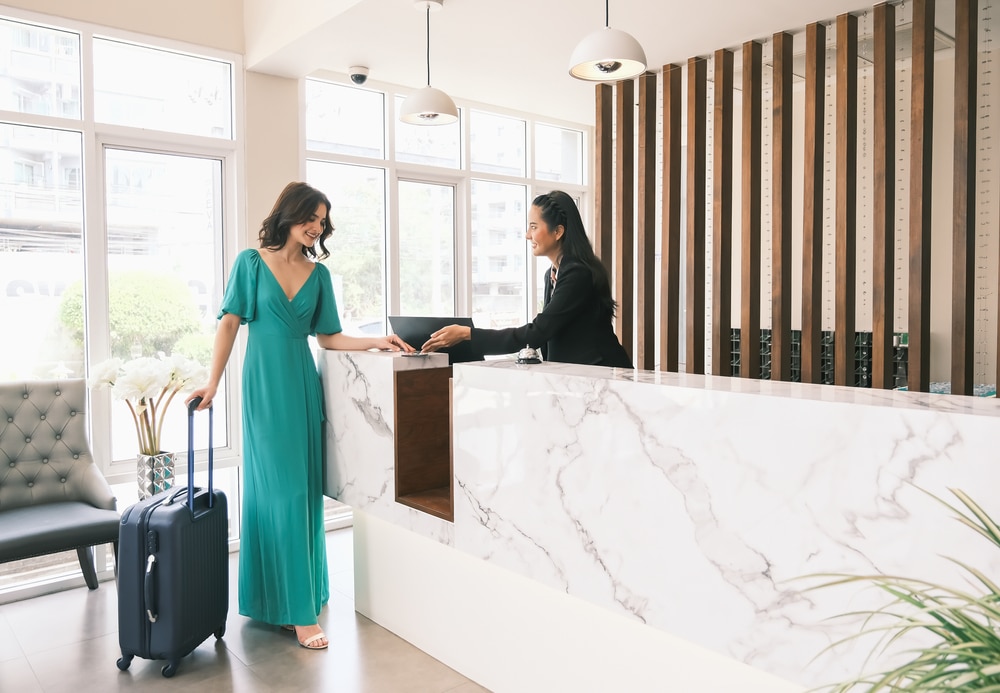
What is Airbnb?
Airbnb is an online platform that offers short-term accommodation rentals worldwide.
Hosts can list their properties on the platform and rent them out to guests on a short-term basis.
Airbnb properties range from apartments and flats to private residential properties.
How does Airbnb work in Singapore?
Airbnb operates in Singapore, similar to other countries, with hosts listing their properties on the platform and guests booking the listing.
However, there are specific regulations and restrictions on short-term rentals that hosts/property owners must take note of to avoid breaking the law.
What are the benefits of using Airbnb in Singapore?
One of the primary benefits of using Airbnb in Singapore is that it offers affordable accommodation options, particularly in popular or central neighborhoods that may be more expensive with traditional hotels.
Additionally, Airbnb rentals can offer a more authentic local experience and a greater sense of privacy.
Exploring the Singapore Airbnb Market and its Growth
How has the Singapore Airbnb market grown over
the years?
The Singapore Airbnb market has grown significantly over the past few years.
According to a report by Airbnb, the number of guests arriving in Singapore via the platform has doubled year-on-year since 2015.
What are the popular areas for Airbnb rentals in
Singapore?
The most popular areas in Singapore for Airbnb rentals are the city center, Chinatown, Little India, and the East Coast.
These locations offer travelers easy access to Singapore’s top tourist attractions and amenities.
What is the average cost of an Airbnb rental in
Singapore?
The average cost of an Airbnb rental in Singapore varies depending on the location and type of property.
According to data from Inside Airbnb, the average nightly price of a private room in Singapore is around SGD 70 to SGD 80, while an entire home/apartment can cost between SGD 150 to SGD 400.
Regulations and Restrictions on Short-Term Rentals in Singapore
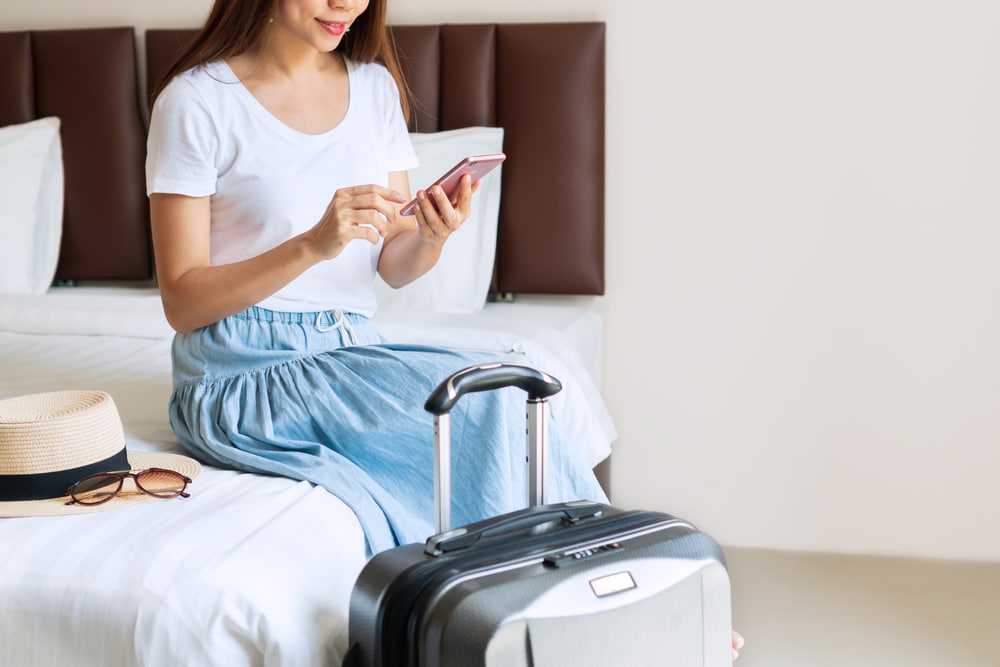
Are short-term rentals legal in Singapore?
Yes, short-term rentals are legal in Singapore, but only on a very limited basis.
Private residential properties are allowed to be rented out for short-term stays, but guests must stay for a minimum rental period of three consecutive months.
What are the regulations and restrictions imposed on
short-term rentals in Singapore?
There are several regulations and restrictions on short-term rentals in Singapore.
According to the Urban Redevelopment Authority (URA), only private residential properties are allowed to be rented out for short-term stays.
However, guests must stay for a minimum rental period of three consecutive months, and hosts are required to register their property with the URA and obtain the necessary approvals from the authorities.
What are the consequences of renting out a property
illegally in Singapore?
Illegal short-term rentals in Singapore carry serious consequences.
Hosts who are caught renting out their property illegally can face fines of up to SGD 200,000 or imprisonment for up to 12 months.
Guests who stay in illegal short-term rentals may also be turned away by security or face difficulties during their stay.
The Role of the Housing Development Board in Regulating Airbnb
What is the Housing Development Board (HDB) and its role
in regulating Airbnb?
The Housing Development Board (HDB) is the government agency responsible for public housing in Singapore.
HDB flats make up the majority of Singapore’s housing options, and the agency has specific regulations for anyone who wants to rent out their flat on Airbnb.
Are HDB flats allowed to be listed on Airbnb?
Yes, HDB flats can be listed on Airbnb, but only on a very limited basis.
HDB flat owners who want to rent out their flats on Airbnb must ensure that they are not breaking any of the agency’s rules and guidelines.
What are the guidelines for HDB flat owners who want to
rent out their flats on Airbnb?
HDB flat owners who want to rent out their flats on Airbnb must follow specific guidelines and rules set forth by the agency.
For example, HDB flat owners must obtain permission from the agency before renting out their flat, and they must ensure that their guests are on a long-term social visit or hold a valid Student Pass/Long-Term Social Visit Pass.
Additionally, there are restrictions on the number of tenants allowed in the unit and the rental period.
Comparing Airbnb and Traditional Hotels in Singapore
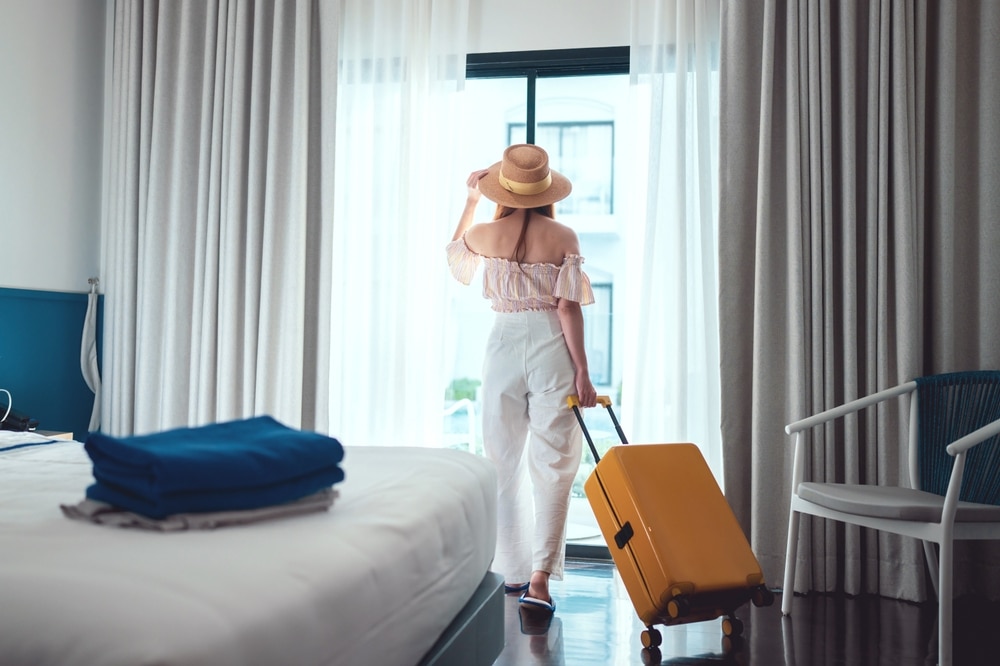
What are the differences between staying in an Airbnb
property and a traditional hotel in Singapore?
Staying in an Airbnb property in Singapore offers certain advantages over traditional hotels.
For example, Airbnb rentals can offer a more authentic local experience, more privacy, and a greater sense of immersion in local culture.
On the other hand, traditional hotels offer more convenience in terms of amenities and services.
What are the advantages and disadvantages of staying in
an Airbnb property over a traditional hotel?
The advantages of staying in an Airbnb property in Singapore include more affordable prices, a more authentic local experience, and greater privacy.
However, the disadvantages include fewer amenities/services and more uncertainty around the quality of the rental.
On the other hand, traditional hotels offer more predictable quality and greater convenience in terms of amenities and services for the price.
What are the popular hotels in Singapore, and their
average cost per night?
The most popular hotels in Singapore include Marina Bay Sands, Raffles Hotel Singapore, The Fullerton Hotel Singapore, and The St. Regis Singapore.
Average costs per night vary depending on the hotel and room type but can range from SGD 400 to SGD 1,000.
Overall, while home-sharing platforms like Airbnb offer a unique and affordable way to experience local neighborhoods, visitors to Singapore need to be aware of the rules and regulations governing short-term rentals to avoid any issues.
Whether choosing to stay in an Airbnb property or a traditional hotel in Singapore, it’s important to weigh the factors and consider the available options to find the right accommodations for your needs and budget.
Benefits and Drawbacks of Renting Out Your Property on Airbnb in Singapore
Extra Income for Property Owners
One of the primary benefits of renting out your property on Airbnb is the extra income it can generate.
Many property owners in Singapore have found that they can earn significant income through short-term rentals on Airbnb.
This can be an attractive prospect for those looking for ways to supplement their income or pay off a mortgage.
Occupancy Limit and Duration of Stay
When renting out your property on Airbnb in Singapore, there are some restrictions that you should be aware of, such as the occupancy limit and duration of stay.
The National Development Ministry in Singapore sets occupancy restrictions for private properties.
For example, a private property with a residential character can only be rented out for a duration of less than three months, where each day of rental is considered a rental period.
If you are renting out your entire flat, an entire flat must be rented out as a single unit.
Compliance with Housing Laws and Regulations
Before renting out your property on Airbnb, it is essential to understand and comply with Singapore’s housing laws and regulations.
Failure to comply with these laws could result in hefty fines or even legal charges.
Private homeowners and residential property owners must be aware of housing laws that apply to their property.
For example, renting out individual properties within the same HDB flat to foreigners is illegal in Singapore.
Guidelines for Guests Staying in Airbnb Properties in Singapore
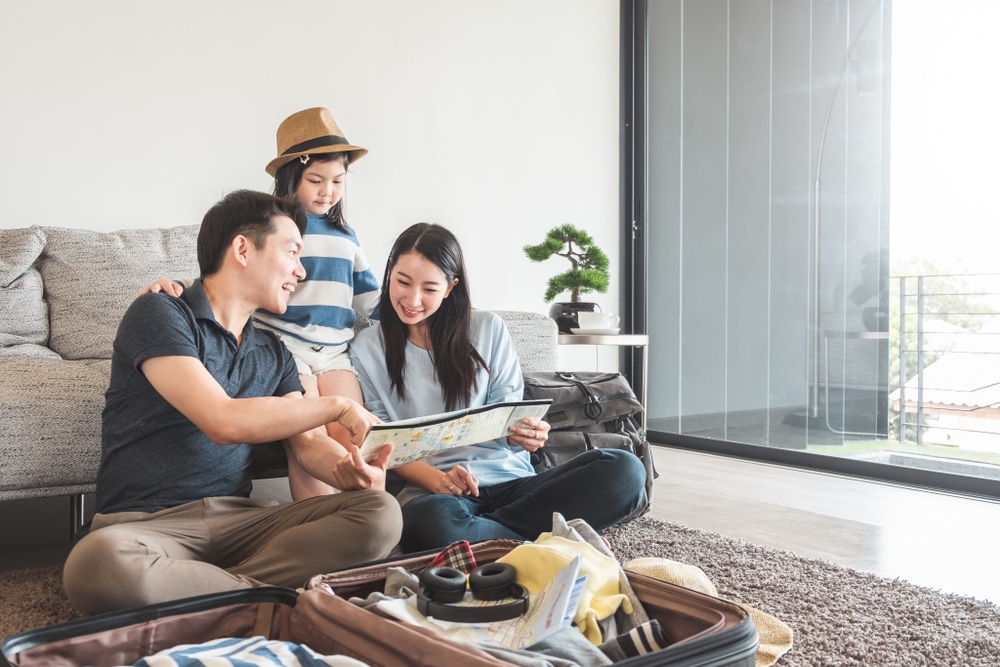
Student Passes and Long-Term Social Visit Passes
Guests looking for accommodation on platforms such as Airbnb should be aware of the guidelines for staying in Singapore.
For example, if you have a Student Pass or a Long-Term Social Visit Pass, you are only allowed to stay in a private home for a period of fewer than three months, where each day of rental is considered a rental period.
Staying in a private home for a longer period is not allowed.
Private Property and Property Agents
If you are looking to rent a property through platforms such as Airbnb, it is essential to be mindful of private properties and property agents.
Unlike serviced apartments or hotels, private properties are subject to occupancy and duration limits under Singapore’s housing laws.
Unlicensed property agents who try to rent out private properties for short-term stays are committing an illegal act.
Short-Term Accommodation Options Beyond Airbnb
If you are unable to find suitable accommodation through platforms such as Airbnb, there are other short-term accommodation options available in Singapore.
These include hotels, hostels, rental properties by residential property owners, and residential units such as 3-room flats and entire flats.
It is important to note that the short-term rentals offered by these platforms may raise security concerns due to a lack of regulation and oversight.
Short-Term Accommodation Options in Singapore Beyond Airbnb
Hotels and Hostels
Hotels and hostels are popular short-term accommodation options for tourists and travelers in Singapore.
They offer a range of amenities and services that may not be available with short-term rentals on platforms such as Airbnb.
Rental Properties by Residential Property Owners
Rental properties by residential property owners are another short-term accommodation option in Singapore.
These properties are available for rent for periods of fewer than three months, where each day of rental is considered a rental period.
Residential Units: 3-Room Flats and Entire Flats
Residential units such as 3-room flats and entire flats are also available for short-term rentals in Singapore.
However, it is important to note that the short-term rentals offered by these platforms may raise security concerns due to a lack of regulation and oversight.
The Impact of Airbnb on the Hotel Industry in Singapore

Competitive Advantage of Airbnb over Traditional Hotels
With the rise of Airbnb, the hotel industry in Singapore has faced increasing competition from short-term rentals.
Airbnb offers travelers a more affordable and flexible option for accommodation, which can be appealing for those on a budget or who are looking for a more personalized experience.
The Status Quo in Singapore’s Hotel Industry Amidst Airbnb
Presence
Despite the competition, the hotel industry in Singapore remains strong.
This is due in part to the fact that many business travelers and tourists still prefer the comfort and convenience of traditional hotels over short-term rentals.
Response of Hotel Industry: Lawrence Wong and Joel Su
Jiqing
The rise of short-term rentals such as Airbnb has prompted the Singaporean government to review its existing housing laws and regulations.
Lawrence Wong, the Minister for National Development, has expressed concerns over illegal rentals on platforms such as Airbnb, highlighting the negative impact they can have on residential communities.
Joel Su Jiqing, President of the Singapore Hotel Association, has also voiced concerns over the impact of short-term rentals on the hotel industry in Singapore.
Compliance with Housing Laws and Regulations for Airbnb Hosts in Singapore
Housing Laws for Private Homes and Residential Property
When listing your property on Airbnb in Singapore, it is important to comply with the relevant housing laws and regulations.
This includes adhering to occupancy and duration limits and complying with specific housing laws that apply to your property type.
For example, renting out your property as an entire flat is considered a single unit for rental purposes.
Designation of the Property Type: Entire Flat or Individual
Properties
When renting out your property on Airbnb, it is important to designate the property type correctly.
This helps to ensure that you comply with the relevant occupancy and duration limits and specific housing laws that apply to your property type.
For example, if you are renting out individual properties within the same HDB flat to foreigners, this is illegal in Singapore.
Restrictions on Rental Period and Occupancy
There are certain restrictions on rental periods and occupancy when renting out your property on Airbnb.
For example, private properties can be rented out for periods of less than three months, where each day of rental is considered a rental period.
This means that rental periods cannot exceed 90 days in total.
Addressing Security Concerns in Airbnb Rentals in Singapore
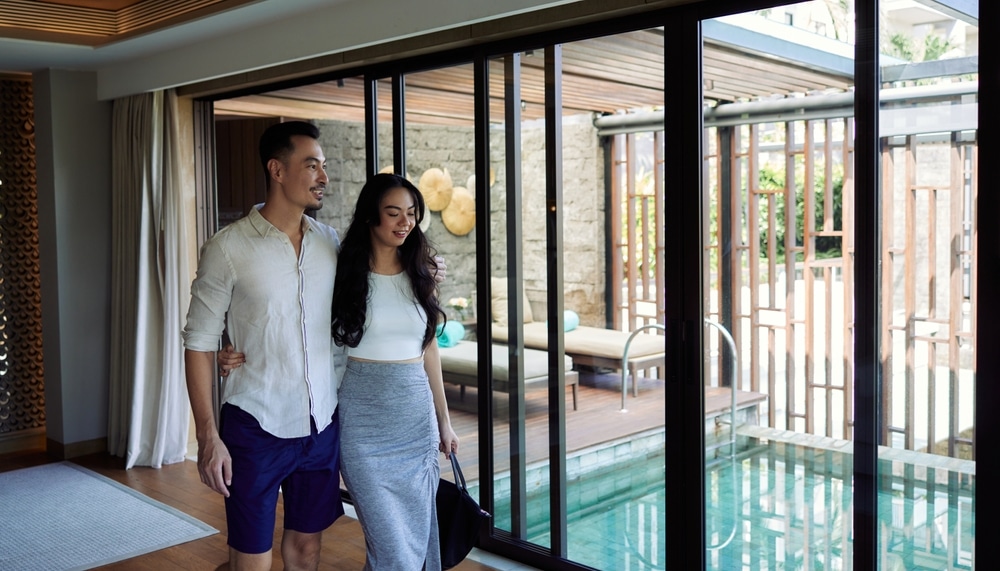
What are the security concerns related to Airbnb rentals in
Singapore?
One of the main concerns related to Airbnb rentals in Singapore is the safety and security of the guests.
Some people worry that guests staying in an Airbnb rental may not be as safe as they would be in a hotel.
They may also worry about their personal belongings being stolen if they rent out their property to strangers.
How can Airbnb hosts ensure the safety of their guests in
Singapore?
Airbnb hosts can take several steps to ensure the safety of their guests in Singapore.
They can ensure that their property is secured with a deadbolt lock and a smoke detector.
They can also provide their guests with a list of emergency phone numbers such as the police, fire department, and nearest hospital.
Additionally, hosts can check their guests’ reviews and ratings before accepting a booking to ensure that they have a good reputation.
What measures are being taken by the Singapore
government to address security concerns in Airbnb rentals?
The Singapore government has implemented several measures to address security concerns related to Airbnb rentals.
For example, the Urban Redevelopment Authority (URA) has introduced guidelines to regulate short-term letting of private homes.
The guidelines require that the property in question must be a private residential property and owner-occupied.
Additionally, a maximum of six occupants are allowed in any one property at any one time.
The URA also requires hosts to obtain permission from their flat’s management committee and neighbours before renting out their property.
Lastly, short-term accommodation offenders may face a fine of up to S$200,000 and/or up to 12 months’ imprisonment.
The Financial Aspect of Airbnb: Extra Income and Budgeting Issues in Singapore
How can homeowners in Singapore use Airbnb to earn
extra income?
Airbnb offers homeowners in Singapore the opportunity to earn extra income by renting out their property to foreigners on a short-term basis.
Hosts can earn a higher rate of rental income compared to long-term rentals.
Additionally, Airbnb allows hosts to specify their own pricing and rental periods.
What are the tax implications of using Airbnb in Singapore?
Homeowners who use Airbnb to earn income are required to declare the income earned on their tax returns.
Under Singapore law, the income earned is considered an individual’s taxable income.
Therefore, it is important for hosts to keep accurate records of their rental income and expenses to ensure that they comply with tax regulations.
What are some budgeting tips for Airbnb hosts in
Singapore?
Airbnb hosts in Singapore should consider the cost of maintaining their property and factor this into their pricing.
They should also consider the turnover of guests and ensure that they have the resources to clean the property between guests.
Also, hosts should consider any space-related issues and the number of guests they can accommodate in their homes.
Hosts should consider the cost of utilities, such as water and electricity.
Long-Term Rental Alternatives in Space-Starved Singapore
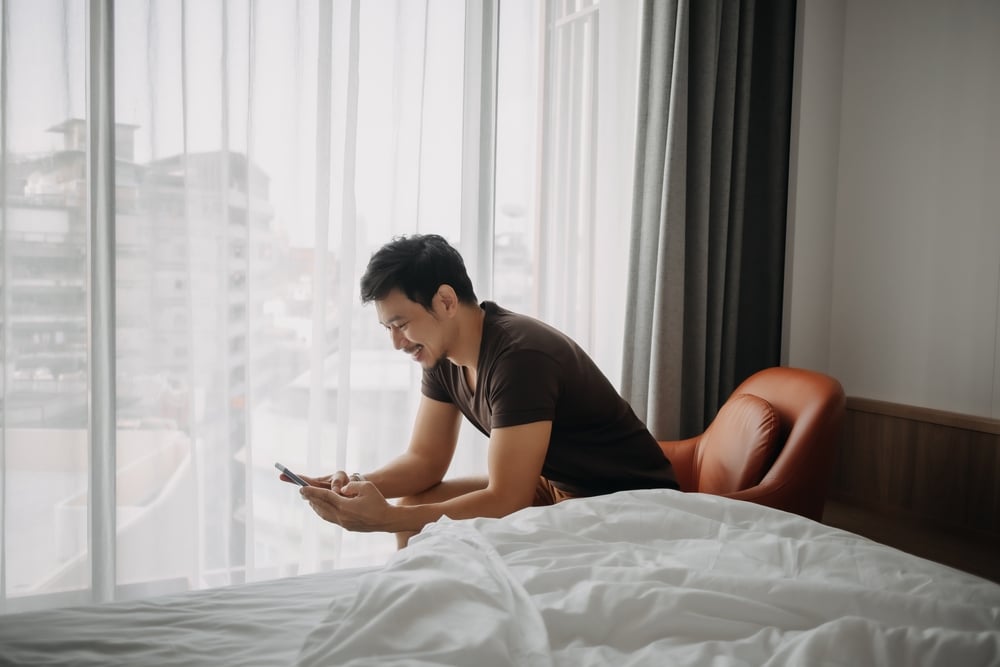
What are some long-term rental alternatives in Singapore?
For those who wish to rent property in Singapore for a longer period of time, there are many alternatives to Airbnb.
One possibility is to look for long-term rental options that are available in the market.
Long-term options include mid-tier and economy hotels, as well as 1- and 2-room HDB flats.
There are also many options available in the long-term rental sector for those who need more space.
How do these alternatives compare to Airbnb rentals in
terms of cost and convenience?
The cost of long-term rental options in Singapore may be lower compared to Airbnb rentals for the same period of time.
However, long-term renters may need to sacrifice some convenience, as they may not enjoy the same level of flexibility as short-term Airbnb guests.
In addition, long-term rentals may not be as popular as Airbnb rentals for foreign guests who are staying in Singapore for a short period of time.
What are the pros and cons of choosing a long-term rental
option over Airbnb in Singapore?
The main benefit of choosing a long-term rental option over Airbnb is that renters can enjoy more space and a longer period of stay.
However, renting a property on a long-term basis may not be as flexible as staying in an Airbnb rental.
Additionally, long-term renters may need to pay additional security deposits and are required to enter into a formal rental agreement with the landlord.
Legal Consequences of Illegal Short-Term Rentals in Singapore
Is it illegal to rent out property on Airbnb for short-term
stays in Singapore?
It is illegal to rent out the property on Airbnb for short-term stays in Singapore if the property in question is not a private residential property.
Additionally, property owners are only allowed to rent out their property for a maximum of three months in a calendar year.
If a host rents out their property for more than three months, they will be considered a landlord and are required to enter into a formal rental agreement with the tenant.
What are the legal consequences of engaging in illegal
short-term rentals in Singapore?
The Singapore government takes a serious view of illegal short-term rentals.
Property owners who are found to be renting out their property illegally may face legal action.
This includes a fine of up to S$200,000 and/or up to 12 months imprisonment.
In addition, the property may be forfeited to the government.
Airbnb guests who stay in an illegal short-term rental may also be troubled by the law.
How does the Singapore government enforce laws related
to illegal short-term rentals?
The Singapore government has implemented measures to enforce laws related to illegal short-term rentals.
For example, the URA has a team that investigates suspected short-term accommodation activities.
If short-term accommodation is suspected, the URA will carry out inspections on the property in question.
Property owners who are found to be engaging in illegal short-term rentals may be fined and their flats may be deregistered for a period of time.
Additionally, the government has encouraged residents to report any suspected short-term rental activity to the relevant authorities.
Exploring the Future of Airbnb in Singapore: Opportunities and Challenges
What opportunities does Airbnb offer for the tourism
industry in Singapore?
Airbnb offers many opportunities for the tourism industry in Singapore.
It provides an alternative to hotels, especially in a city-state where space is an issue.
Additionally, Airbnb attracts tourists who are looking for a more personalized experience.
Hosts can provide their guests with local recommendations, which can help to promote Singapore’s tourism industry.
What are some challenges that Airbnb faces in Singapore?
Airbnb faces several challenges in Singapore.
For example, the government has implemented regulations to limit the number of short-term rentals.
Additionally, Singapore has limited space, making it difficult for hosts to accommodate large groups of guests.
Furthermore, some hosts have faced resistance from their neighbours, who may not be comfortable with having short-term occupants in their homes.
How can the Singapore government work with Airbnb to
address these challenges and promote a sustainable home-
sharing economy?
The Singapore government can work with Airbnb to address the challenges the platform faces in Singapore.
For example, the government can explore ways to increase the number of properties that are available for short-term rentals.
Furthermore, the government can work with Airbnb to promote sustainable home-sharing practices.
This includes ensuring that hosts comply with regulations and verifying their identities, to promote a safe and reliable home-sharing economy.
Conclusion
In conclusion, understanding the legality of Airbnb in Singapore is crucial for both hosts and guests.
While Airbnb offers affordable accommodation options and a more authentic experience, it is important to comply with the regulations and restrictions imposed by the Urban Redevelopment Authority (URA) and the Housing Development Board (HDB).
Failure to do so can result in significant fines and legal consequences.
For property owners, renting out on Airbnb can provide extra income, but it is essential to be aware of the occupancy limits, duration of stay, and compliance with housing laws.
Guests should also familiarize themselves with guidelines such as staying for less than three months and ensuring they hold the necessary passes for short-term stays.
While Airbnb has impacted the hotel industry in Singapore by offering competitive advantages, traditional hotels remain a popular choice for convenience and services.
Both options have advantages and disadvantages, and visitors must consider their needs and budget when choosing accommodation.
To address security concerns, hosts can secure their property and provide emergency contact information.
The Singapore government has also implemented regulations to enhance safety, and offenders can face fines and imprisonment for illegal short-term rentals.
For homeowners using Airbnb, it’s crucial to understand the financial aspects, including tax implications and budgeting.
Proper record-keeping and compliance with tax regulations are necessary to avoid any issues.
For those seeking long-term rental alternatives in Singapore, options such as mid-tier hotels, 1- and 2-room HDB flats, and other long-term rental options are available.
These alternatives may offer cost savings but may come with less flexibility compared to short-term rentals.
Whether choosing Airbnb or other accommodation options, it’s important to be well-informed about the regulations, comply with the laws, and prioritize safety and security during your stay in Singapore.
Frequently Asked Questions
Is Airbnb legal in Singapore?
Yes, it is legal to rent out your own private property on a short-term basis through platforms like Airbnb in Singapore.
However, it is important to note that it is illegal for guests to stay in HDB flats or for flats to be rented out to too many people at one time.
Can multiple guests stay in an Airbnb rental at once?
Yes, multiple guests can stay in an Airbnb rental at once, as long as it adheres to the occupancy limits set for that property.
However, this varies according to each specific property, so it is important to check before booking.
What are the consequences of illegal short-term stays?
For HDB flats, both hosts and guests who participate in these illegal short-term rentals could face fines.
Additionally, short-term rentals offered by platforms like Airbnb could raise security concerns as they are not monitored like licensed hotels.
Can guests legally stay in an Airbnb in Singapore?
Yes, guests can legally stay in an Airbnb in Singapore, as long as the property being rented out is a private residential property and not an HDB flat.
What are the concerns about short-term rentals in Singapore?
One of the main concerns about short-term rentals in Singapore is that they can overcrowd residential areas and raise security concerns.
That is why it is currently illegal for HDB flats to be rented out on a short-term basis.
What are the listings available for Airbnb in Singapore?
There is a wide range of properties listed on the Airbnb platform in Singapore, including apartments, condominiums, and landed homes.
Are short-term rentals illegal in Singapore?
No, short-term rentals are not illegal in Singapore as long as they are carried out in accordance with the law and regulations.
However, it is illegal for HDB flats to be rented out on a short-term basis, and private residential property owners found to be doing so could face fines.
Who is allowed to stay in an Airbnb rental in Singapore?
Anyone can stay in an Airbnb rental in Singapore as long as they abide by the occupancy limits set for that specific property.
What are the limitations of listing a property on Airbnb in Singapore?
There are three ways that listing a property on Airbnb can get tricky in Singapore.
One is if the property is an HDB flat, as it is illegal to rent out HDB flats on a short-term basis.
Second, property owners need to be cautious about advertising their property to too many people, as exceeding the occupancy limit could lead to fines.
Lastly, property owners need to be mindful of their flats’ occupancy limits when renting out their property on Airbnb.
Will hosts be fined if they rent out their property to too many people?
Yes, hosts renting out their property to too many people, or exceeding the occupancy limit set for their property, could be fined.
Additionally, if this overcrowding is found to cause a disturbance to the neighbors, the host could be liable for the cost of repairing any damages caused.











